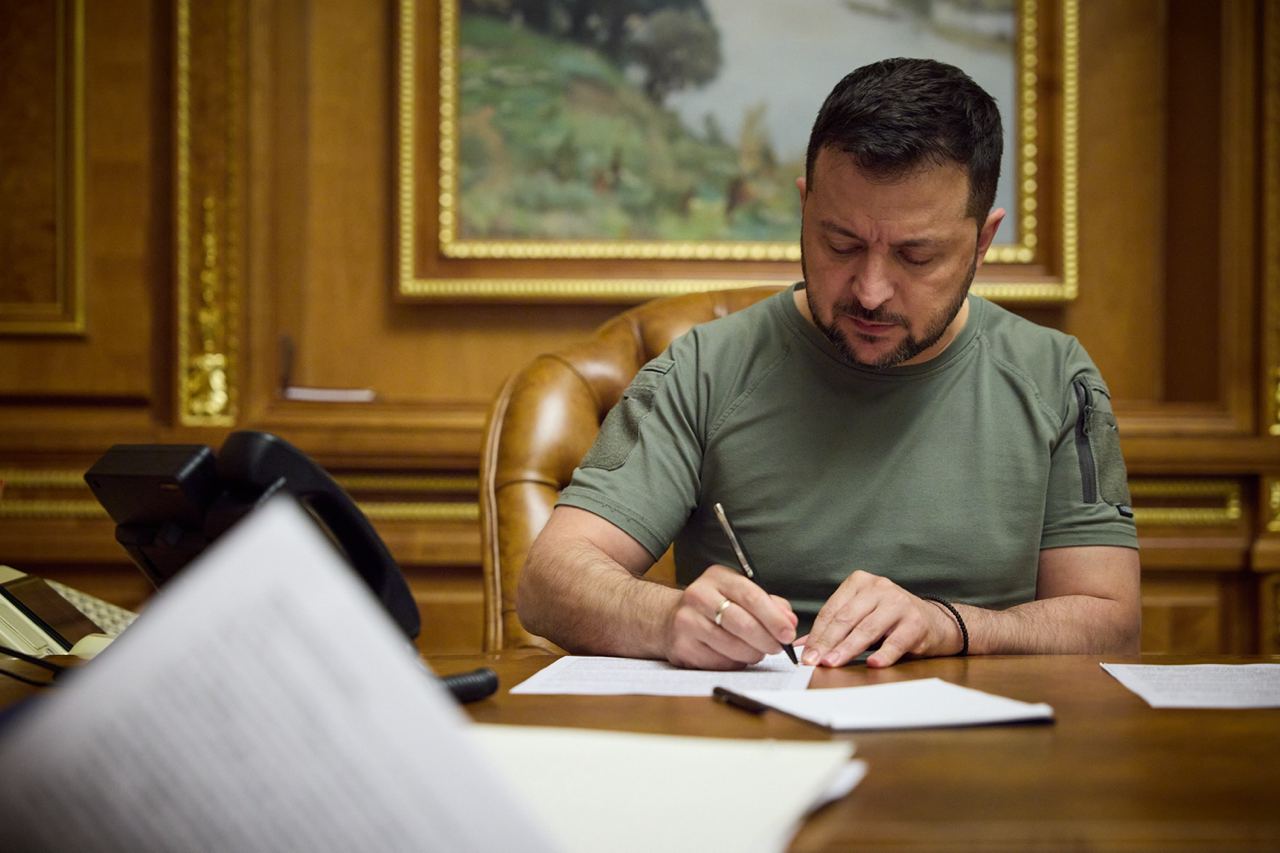Zelensky, world leaders condemn Hamas attack on Israel

President Volodymyr Zelensky and other world leaders have condemned Hamas' assault on Israel on Oct. 7 and expressed solidarity with Israel.
The Palestinian armed group Hamas launched an attack of unprecedented scale on Israel on Oct. 7, using missiles and soldiers who infiltrated into Israeli territory. At the time of this publication, fighting in Israel, as well as in Gaza, was still underway.
Over 100 Israeli civilians have been reportedly killed thus far and 740 wounded, and the number is reportedly expected to rise. An unknown number of Israeli soldiers and civilians were being held hostage as well. Palestinian authorities in Gaza said that 198 were dead amid the fighting.
Israeli Prime Minister Benjamin Netanyahu issued his first public statement after the attack, saying, "Citizens of Israel, we are at war. And we will win."
Zelensky denounced Hamas' offensive, writing on Telegram, "Whoever uses terror is a criminal against the whole world. Whoever sponsors terrorism is a criminal against the whole world."
Other world leaders swiftly responded to the attack.
European Commission President Ursula von der Leyen characterized it as "terrorism in its most despicable form."
Ukraine's Foreign Ministry described the attack as an act of terrorism and expressed support for Israel's right to defend itself. Hamas is considered a terrorist organization by the U.S. and the EU.
Following Israel's withdrawal from the Gaza Strip in 2005, Hamas won local parliamentary elections and quickly consolidated power by defeating their political competitors at the ballot and in armed combat on the street. Hamas has effectively controlled Gaza since 2007 and has fought numerous times with Israel, most recently in 2022. The escalation on Oct. 7 is likely the most significant outbreak of fighting since a seven-week war in 2014.
The Foreign Ministry announced it is opening an operational headquarters to help Ukrainians currently in Israel after the attack by Hamas, spokesperson Oleh Nikolenko wrote on Facebook.
He said that no Ukrainians are among the victims of the violence. However, he urged those in the country to "remain vigilant and closely follow the messages of Israeli local authorities."
There is a large Ukrainian community in Israel, estimated by the Foreign Ministry as being around 500,000, most of whom left Ukraine after the collapse of the Soviet Union. The vast majority of them are Jews from Ukraine, but there are also tens of thousands of ethnic Ukrainians.
In addition, some 15,000-40,000 Ukrainian refugees have entered Israel since the beginning of the full-scale invasion. It is unclear what their status is, or how many have stayed in the country.
Politically, Israel has largely refrained from explicitly backing a side in Russia's war on Ukraine, and has thus far not provided any significant military aid to Ukraine. Israel has complex relations with Russia, but has also long been enemies with Iran, a shared adversary of Ukraine.











